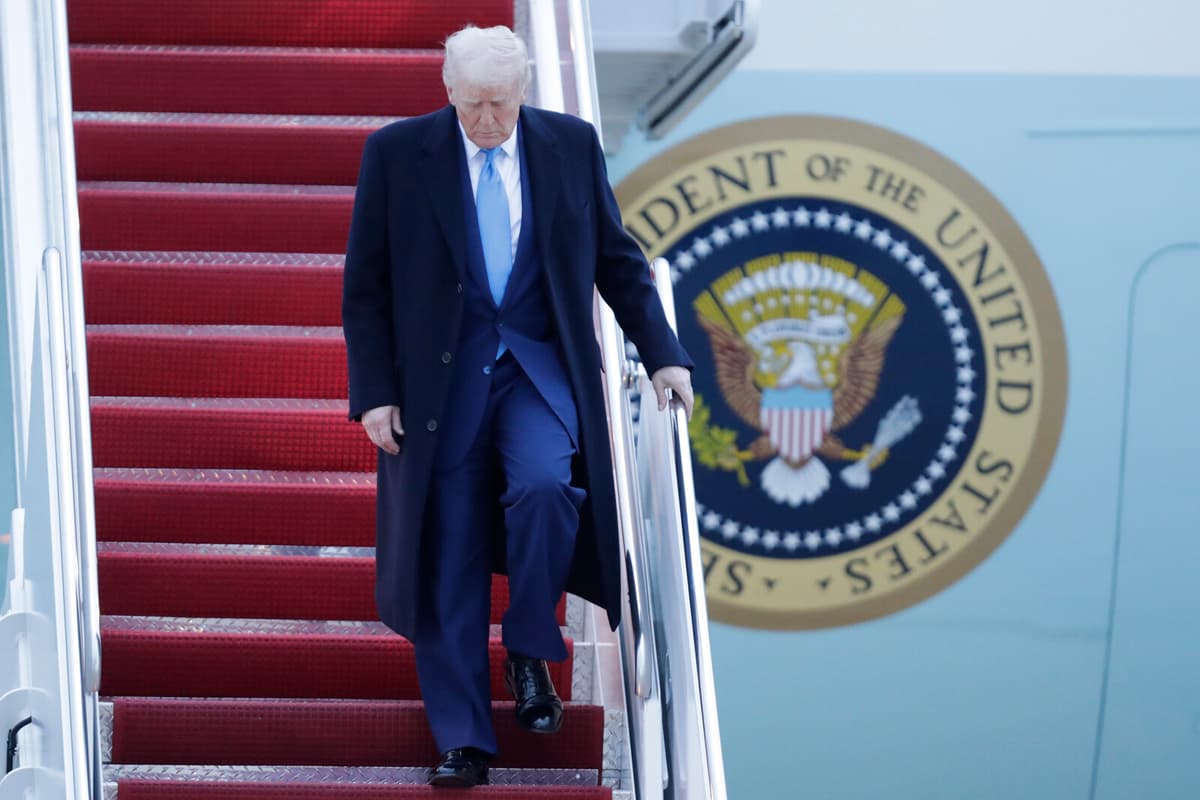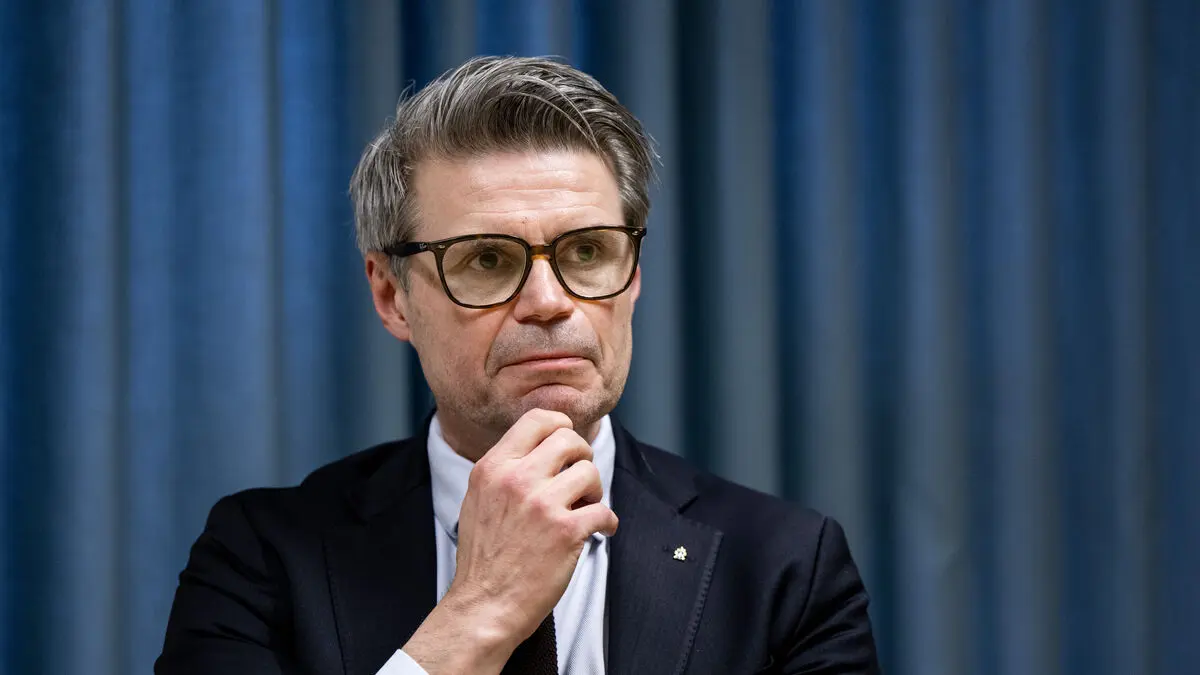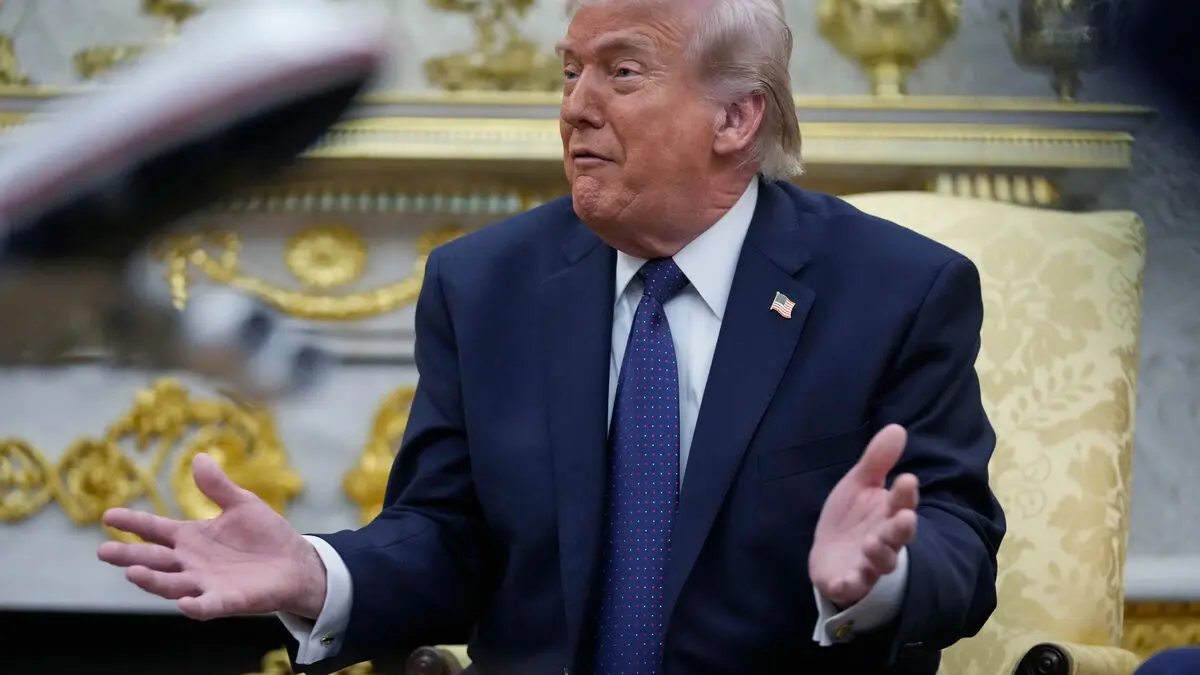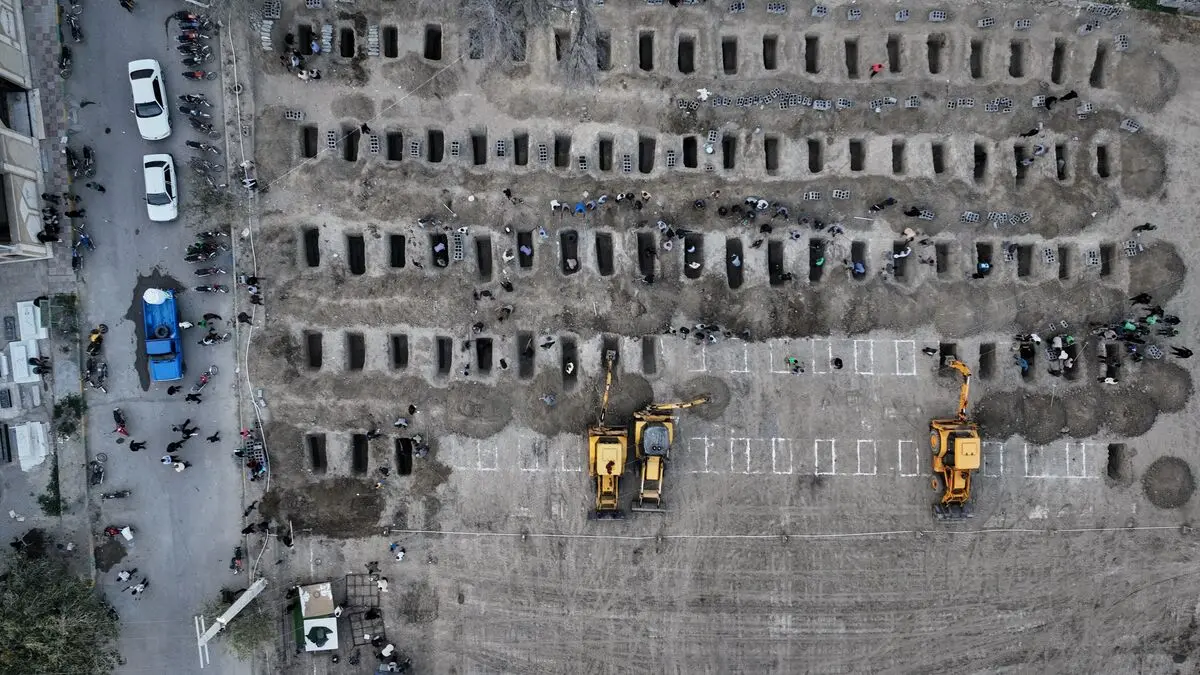The US President Donald Trump is in great need of a foreign policy success. The war in Ukraine and the one between Israel and Hamas have not been as quickly resolved as he claimed during the election campaign. Now he is focusing on Iran, which he wants to sign a nuclear energy agreement.
The pressure on Iran is already high before the negotiations have even begun. This week, Donald Trump has described military interventions against the country as an absolute possibility if the talks that begin in Oman's capital Muscat on Saturday do not go in the direction the US wants.
The bomber planes that have been moved to the military base Diego Garcia in the middle of the Indian Ocean, together with hundreds of thousands of US soldiers in the region, are a clear signal to Iran ahead of the talks.
It's very unusual for the US to do it this way. But it's a sign that they want to put pressure on Iran, that "now we want this agreement with you", says Alexander Atarodi.
Trump's patience is short
There is reason to worry about a major war, but perhaps a little less right now since there are actually diplomatic contacts, according to Atarodi.
The fact that the US has opened up for diplomatic talks with Iran is surprising. Maybe the risks decrease, at least for now, that we will end up in war.
But Donald Trump's patience is very low and the future is uncertain, he emphasizes.
It may happen that they don't achieve anything substantial during the initial talks. Then his patience may run out, because he wants results directly, and then it could become something else.
Hoping for sanction relief
Iran wants very clear guarantees that an agreement, if it happens, will hold. The trust in the US is low and the country also hopes that the sanctions that have been imposed on Iran and have paralyzed the economy and the financial system will be lifted.
Since Iran has been weakened significantly during the Gaza war, there is currently a willingness from both sides to discuss with each other, despite hating each other, says Alexander Atarodi.
This is a very complex issue, we don't know what will happen, but there are at least some external factors that make them come a little closer.
Corrected: In an earlier version of this text, an incorrect formulation of the US's demands on Iran occurred in a caption.
The nuclear energy agreement JCPOA was signed in 2015 by Iran and what is called "P5+1" – the five permanent members of the UN Security Council (France, China, the UK, Russia, and the US) and Germany.
The agreement aimed to prevent Iran from developing nuclear weapons.
In exchange, international sanctions against Iran would be lifted. JCPOA provided, among other things, insight into Iran's atomic energy program while this was significantly limited.
In 2018, however, the then US President Donald Trump left the agreement, and since then it has creaked badly in the joints. The US reintroduced tough sanctions against the country, which has affected other countries' opportunities to trade with Iran.






